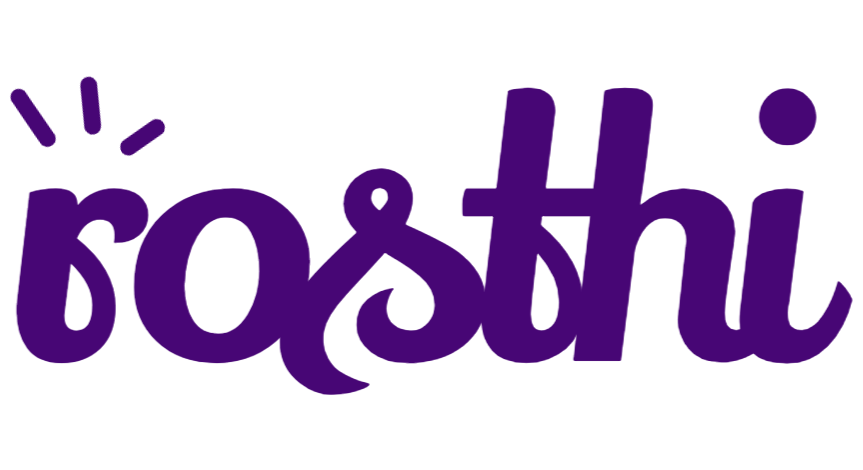Are you feeling like Google Chrome is using way too much memory? You're definitely not alone! With so many tabs and extensions these days, it's easy to feel that Chrome can become a bit of a memory hog. But don’t stress! There are several effective ways to manage and reduce memory usage within your browser. Let’s dive into some fun and easy tips to get your Chrome running lighter and faster!
Use Chrome Task Manager
Monitoring just how much memory different tabs and extensions consume is super easy with Chrome's built-in Task Manager.
- To access it, click on the three dots that make up the menu icon in the top right corner. Then, go to "More tools" and select "Task Manager". Alternatively, if you want a shortcut, just hit Shift + Esc!
- Once opened, you can see a detailed list of all the tabs and extensions open with their respective memory consumption. Identify any high-memory culprits and close them if you don't need them anymore. Bye-bye, memory hogs!
Close Unnecessary Tabs, Extensions, and Plugins
Having too many tabs open, along with various extensions and plugins, can skyrocket memory usage.
- Try to close any tabs you’re not actively using, and take a moment to disable or remove extensions and plugins that don’t serve a purpose in your daily browsing experience. You can manage your extensions conveniently by typing
chrome://extensionsdirectly into the address bar!
Activate Memory Saver Mode
Guess what? Chrome now has a Memory Saver mode that you can enable in its latest versions. This nifty feature can help reduce memory consumption by putting inactive tabs to sleep.
- First of all, make sure your Chrome is up-to-date, then navigate to
chrome://settings/performanceto toggle the "Memory Saver" option. This way, you can keep Chrome fast without the heavy memory usage from those tabs you aren’t using at the moment!
Enable Hardware Acceleration
Hardware acceleration can really share the load when it comes to resource management within Chrome, helping to avoid overconsumption of RAM.
- Go to Settings, then find "System" and make sure to toggle on "Use hardware acceleration when available." Just a heads-up, this feature works great if you’ve got a dedicated graphics card!
Clear Cache and Cookies
Having a lot of cached data and cookies can unfavorably impact your memory usage.
- To clear them, navigate to the Chrome menu, click on "More tools", and select "Clear browsing data". Be sure to check the options for "Cached images and files" and "Cookies and other site data" to lighten things up!
Disable Prediction and Preload Features
The predictive features in Chrome, while convenient, can also use up memory unnecessarily.
- Head over to your Chrome settings, find the "Performance" section, and disable the "Preload pages" option. Additionally, make your way to "You and Google" > "Sync and Google services" and turn off "Autocomplete searches and URLs." This helps keep Chrome light and breezy!
Stop Background Apps
Even after closing Chrome, background apps may continue running, consuming your precious memory.
- Within Chrome settings, switch to "System" and disable the "Continue running background apps when Google Chrome is closed" option to free up that memory you need!
Use Memory-Saving Extensions
There are extensions out there specifically meant to help reduce memory consumption!
- Try options like "The Great Suspender" or "OneTab" to automatically suspend unused tabs. This way, you’ll still have your websites accessible without overcrowding your memory!
By following these fun and simple tips, you'll surely feel the difference in Chrome's performance. Your browsing experience will not only be faster but also lighter on memory, helping you to work and play seamlessly. Happy browsing!


